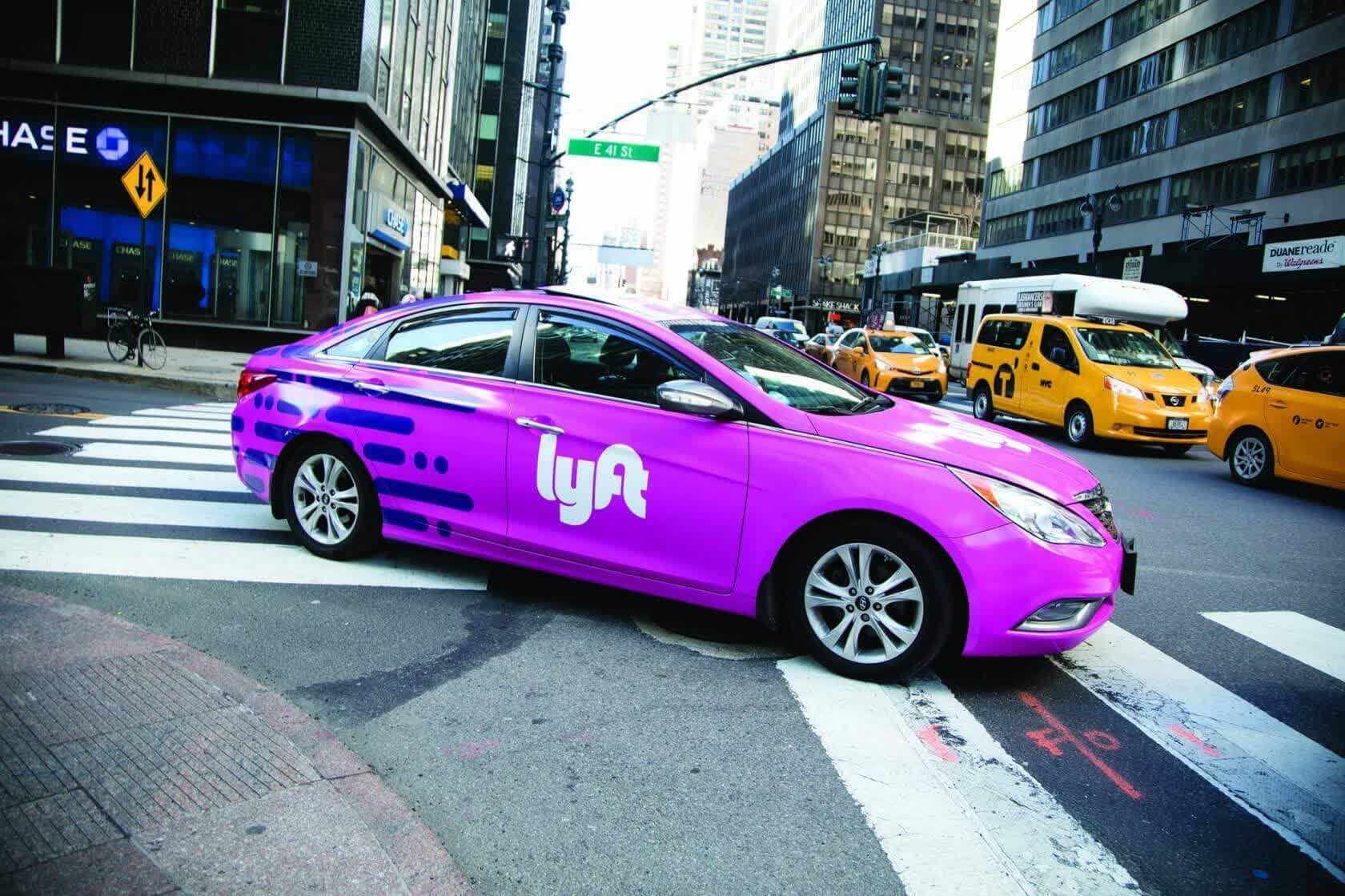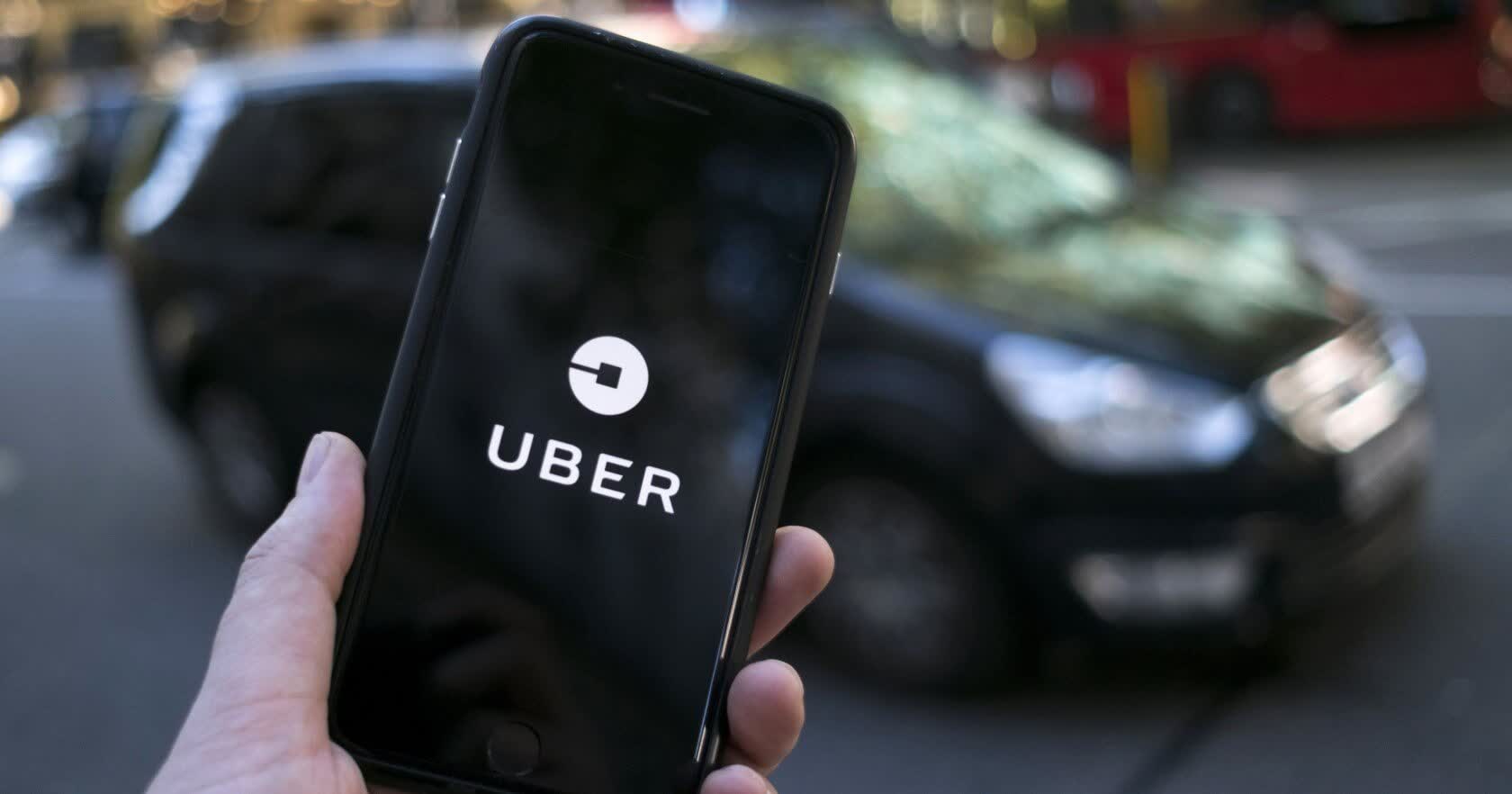In brief: California has been a veritable battleground in 2020 for ridesharing companies. The state recently passed "AB5" legislation that would forcibly classify Uber and Lyft drivers as employees, thus requiring the companies to shell out extra cash for benefits and minimum wage policies. However, today, the companies scored a major victory in the form of Proposition 22: a ballot measure that has passed overwhelmingly in Uber and Lyft's favor.
"Millions" of voters turned out to vote on Prop 22, with 58 percent voting in favor, and 42 percent voting against. Prop 22, for the unaware, allows ridesharing companies to bypass California's previous AB5 legislation entirely, while instead giving drivers access to a handful of employee-like benefits.
These benefits include access to healthcare subsidies and a "minimum earnings guarantee." However, other benefits, such as sick leave, worker's compensation, and overtime pay are entirely absent.
Regardless, whether progressives feel Prop 22 is unfair or not, California voters have spoken – overwhelmingly so. Of course, Uber and its fellow ridesharing companies didn't achieve this win easily. They employed several clever campaign strategies, some of which drew criticism from their opponents.

For example, in October, a class-action lawsuit accused Uber of "coercing" its drivers into supporting Prop 22 by displaying warning messages. These messages had headlines like "Prop 22 will save lives," and often described the negative consequences that may occur if previous AB5 legislation was allowed to stand as-is.
Later that very month, the judge presiding over the suit denied injunctive relief to the plaintiffs, noting that forcing Uber to stop sending these messages would violate the company's "freedom of speech."
The folks opposing Prop 22 – mostly labor organizations and drivers – plan to continue fighting for employee classification, but it's unclear what methods they will adopt to do so.
